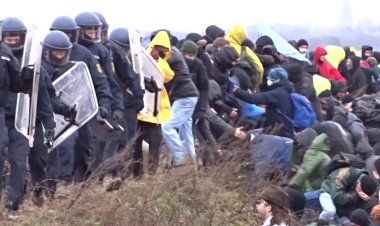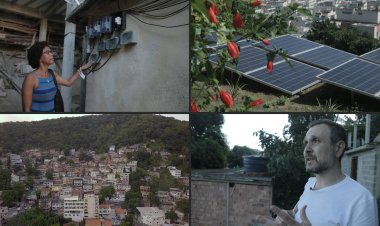Cochabamba protests over landfill crisis

Residents in Cochabamba, Bolivia, are demanding the closure of the K'ara K'ara landfill as accumulated waste threatens public health. Approximately eight thousand metric tons of garbage have piled up across the streets, sparking protests that have lasted for 14 days. Locals argue that the landfill’s continued operation is responsible for air pollution and a surge in illnesses among children, the elderly, and market vendors.
At a recent hearing, residents noted that constant pleas for the dump's permanent closure had been ignored despite clear evidence linking the waste buildup to increased cases of acute diarrheal diseases, hepatitis, and other infections. Public health officials have raised alarms over the potential for outbreaks of dengue, Zika, and gastrointestinal conditions, emphasizing that the waste provides ideal breeding conditions for disease-spreading vectors such as mosquitoes and rodents.
In response to the mounting crisis, the Agro-environmental Court of Cochabamba accepted local neighbors’ appeal to halt the entry of new garbage into the landfill, though it allowed waste delivery until April 20—a decision that protesters rejected outright. The situation forced municipal authorities to cancel the Day of the Pedestrian event scheduled for April 6 to focus on addressing the immediate public health risks.
Mayor Manfred Reyes Villa acknowledged the urgency of the crisis, stressing the need for dialogue with residents and outlining plans to establish a waste industrialization plant as a long-term solution. In the meantime, municipal officials face the daunting task of removing the massive accumulation of garbage and restoring regular waste collection services. The crisis not only affects the health of residents but also disrupts daily commerce, especially near markets where decomposing waste exacerbates health hazards.















